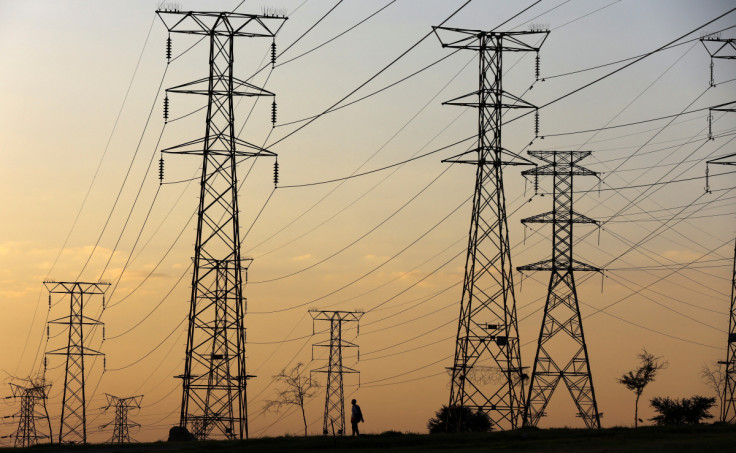Struggling Eskom Faces 'Significant Challenge' from Municipal Debts

Eskom, South Africa's main supplier of electric power, called the mounting municipal debts of the City of Tshwane (CoT) and the City of Ekurhuleni (CoE) for bulk electricity supply a "significant challenge," and added that it was threatening the reliability of supply across the province.
The CoT Metropolitan Municipality and CoE Metropolitan Municipality owe R4.2 billion and R146 million, respectively, to Eskom.
Eskom urged the municipalities to settle current accounts and outstanding dues so that the utility can continue to work with municipalities to "find viable solutions and mitigate the potential repercussions of the mounting debt."
"The impact on Eskom's financial stability is exacerbated by the City of Tshwane's accumulation of unpaid bills and Ekurhuleni Municipality's late payments, and it affects the residents and businesses that rely on a stable power supply," SA News reported citing Eskom.
The power utility warned that failure to address this issue could result in service interruptions, thus negatively impacting economic activities.
"Despite continuous efforts to address the inconsistent and late payments, the debt, specifically that of the CoT, continues to grow and hinders Eskom's ability to invest in essential infrastructure, maintenance, and the development of sustainable energy solutions," Eskom stated.
Meanwhile, the utility revealed that an Eskom Tutuka Power Station employee, Katlego Twala, was found guilty of stealing five drums of hydraulic fluid oil, and was sentenced to one-year imprisonment or pay an R10,000 fine and be suspended for five years.
Botse Sikhwitshi, Eskom's acting general manager for security, said the energy company had a "zero-tolerance stance on acts of dishonesty and views the conduct of the employee as unacceptable," and added they will continue to flush such people out.
Eskom has been facing allegations of fraud and corruption for a long time.
In February, Eskom CEO Andre de Ruyter resigned abruptly from his post, and alleged that members of the energy company were involved in corruption. In October, Mpho Makwana, chairman of energy company Eskom, also resigned without disclosing any reason behind his move.
In May, former Eskom official Nwabisa Ngxola, who used to work as an administrative clerk, was also sentenced to 10 years of imprisonment for defrauding the power utility of R2.6 million.
The allegations and resignations came as electricity minister Kgosientso Ramokgopa, appointed by President Cyril Ramaphosa in March, claimed there were instances of corruption in the state-owned utility Eskom, and all load-shedding problems were technical.
© Copyright 2026 IBTimes ZA. All rights reserved.





















